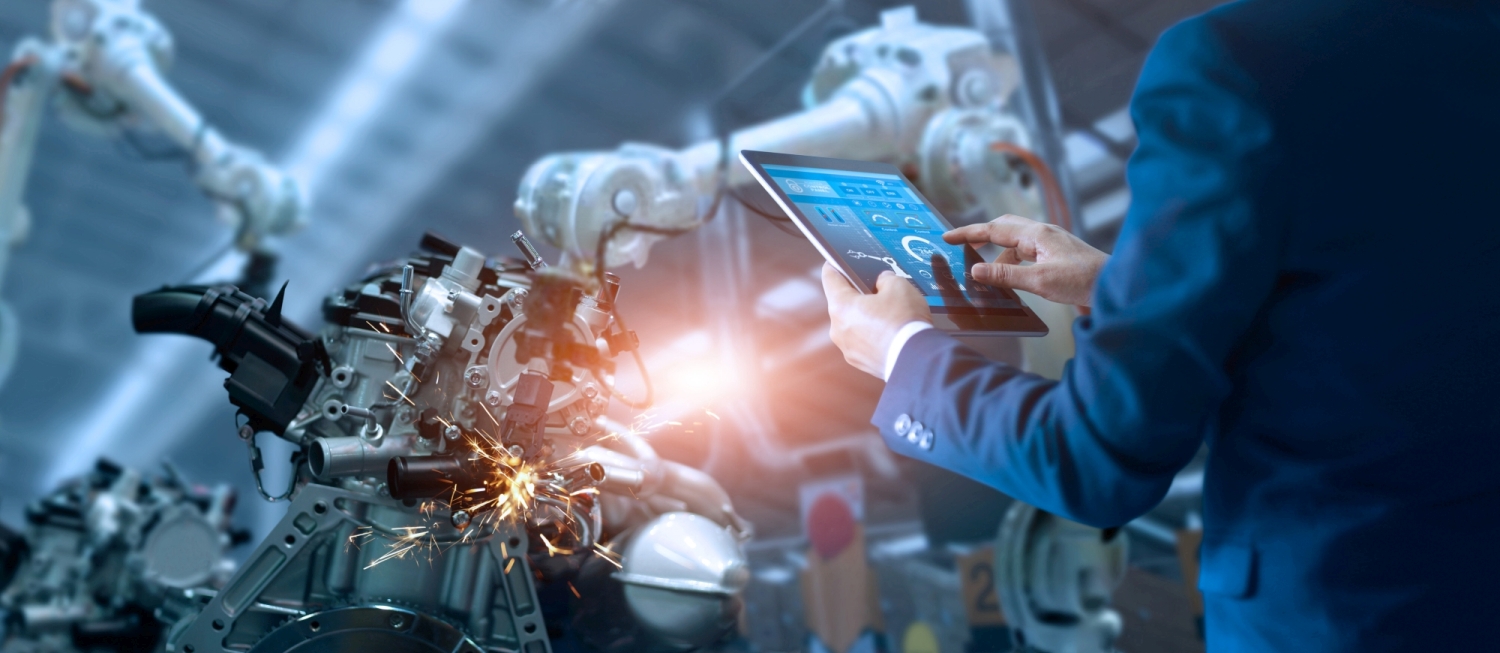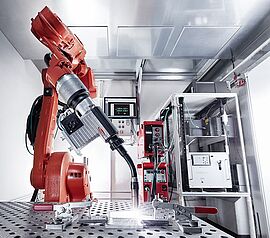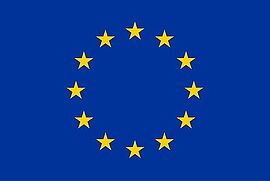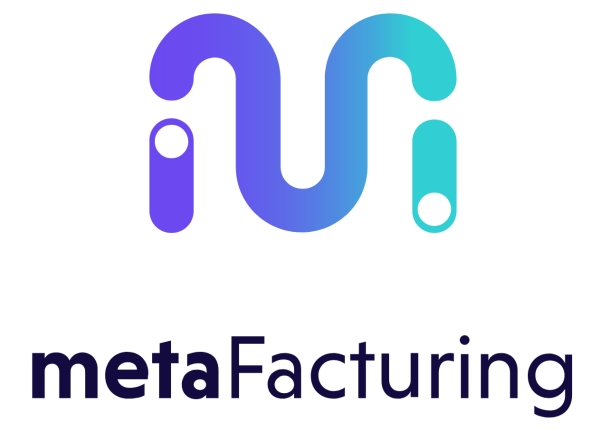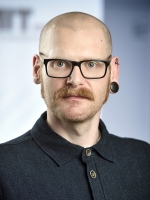Digitizing the Toolchain for Metal Part Production
The metaFacturing project focuses on transforming metal part production by digitizing the entire toolchain. This initiative aims to achieve several key objectives:
- Enhance the resilience of production processes by optimizing process parameters.
- Reduce operator workload and production costs.
- Minimize scrap by preventing out-of-specification parts.
At the heart of the project is a Digital Twin-based process setup and control framework, designed for broad applicability across industries. Developed in collaboration with industrial-scale metal part manufacturers, this framework addresses the crucial challenge of harnessing available process data to improve both Overall Equipment Effectiveness (OEE) and product quality.
To achieve these goals, metaFacturing employs cutting-edge technologies such as:
- Model-based data fusion to integrate diverse data sources.
- Accelerated process simulation to predict and optimize outcomes.
- Data standardization to ensure compatibility and efficiency across systems.
By uniting six market leaders in the fields of die casting, assembly, welding technology, robotics, sensor technology and digitalization, metaFacturing drives the adoption of smart manufacturing while helping partners maintain their competitive edge. The approach integrates all available data streams, including in-process measurements, end-of-line quality control, and sample-based product validation. Through its Digital Twin methodology, the project ensures a comprehensive, real-time understanding of production and generating valuable (meta-)data for training engineers.
AIT’s Contributions to metaFacturing
The AIT Austrian Institute of Technology contributes to metaFacturing through two specialized Centers:
- High-Performance Vision Systems (Center for Vision, Automation & Control):
- Focus on sensor selection for welding processes and AI-based weld pool analysis, driving advancements in real-time monitoring and quality assurance.
- LKR Light Metals Technologies Ranshofen (Center for Transport Technologies):
- Provides experimental raw data for casting and welding use cases on a laboratory scale.
- Utilizes the Ranshofen labs to replicate industrial-scale setups, enabling the testing of new sensors and processes under controlled conditions.
By combining advanced R&D capabilities with industry-driven use cases, metaFacturing paves the way for a smarter, more sustainable metal manufacturing future.
Matthias Hartmann, who is responsible for the project at AIT, summarizes: "With metaFacturing, we are laying the foundation for resilient, efficient, and sustainable metal production. By leveraging cutting-edge technologies like Digital Twins and AI-driven analysis, we are setting new standards in manufacturing – in close collaboration with leading industry partners."
The “metaFacturing” project has received funding from the European Union's Horizon Europe research and innovation program under grant agreement no. 101091635.



